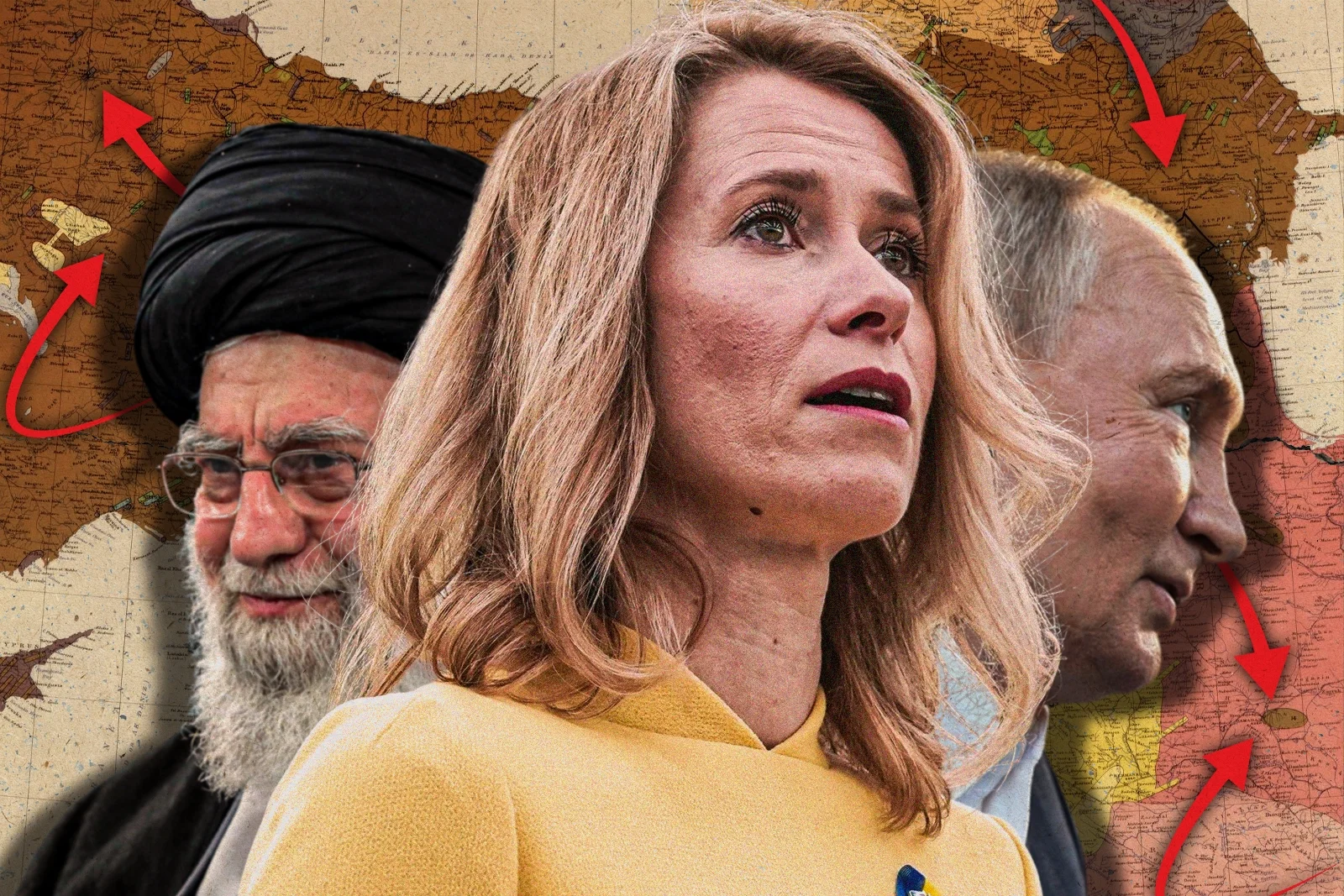
The Perils of Exclusion: Why Iran and Russia Have a Stake in Syria’s Future
In the realm of international politics, every strategic choice carries profound and far-reaching consequences. The Syrian crisis, now entering its second decade of civil war, has demonstrated how regional conflicts can ripple across the globe. In response to recent developments—including the downfall of Syria’s long-time ruler Bashar al-Assad—Turkey, the European Union, and several Western countries are advocating for a post-crisis political order that excludes both Iran and Russia. Among the prominent voices pushing this approach is Kaja Kallas, the EU’s foreign policy chief, who argues that Iran and Russia should play no role in Syria’s political transition.
At first glance, this exclusionary stance may seem like a pragmatic solution aimed at untangling Syria’s ongoing turmoil. However, such a strategy risks complicating the crisis further and heightening instability throughout the region. Iran, as a critical player in both Iraqi and Syrian developments, has been instrumental in countering extremist groups like ISIS and preserving the regional balance of power. Overlooking Iran’s role—particularly at this juncture—would increase tensions and open the door to new crises. Recognizing Iran’s influence is essential not only from a political and security standpoint but also for fostering long-term stability in Syria and the broader Middle East.
Iran’s engagement in Syria was initially driven by its strategic goal of reinforcing the so-called “Axis of Resistance” to maintain influence across the region. Over time, however, Iran’s involvement evolved to serve geopolitical and security interests, particularly during the most precarious years of Syria’s civil war. Its presence helped counter larger threats, such as terrorism and violent extremism. Therefore, excluding Iran from Syria’s political transition process would not only be a grave strategic error but would also risk exacerbating instability. A sustainable peace in Syria is unlikely without at least some level of Iranian participation in shaping the region’s future.
Disregarding this geopolitical reality could disrupt the existing balance of power and strengthen rival actors. In this scenario, extremist groups that thrive on political vacuums may find renewed opportunities to expand their influence across Syria and neighboring states. If Iran and Russia are deliberately sidelined, these nations could resort to radical alternatives in supporting their Syrian allies, which would escalate tensions and make peace-building efforts more difficult.
Furthermore, excluding Tehran and Moscow from Syria’s stabilization process would send a dangerous signal: that neither country has any stake in shaping the region’s new political order. This exclusion would squander the potential to harness their constructive capacities while incentivizing both countries to leverage their disruptive capabilities instead. Under such conditions, Iran and Russia would likely shift from cooperative engagement to competitive policies aimed at reasserting their power, a development that would further expose the region to instability and heighten risks for Western interests. Including these two nations, even in a limited capacity, could mitigate these risks by fostering a more balanced approach to reconstruction and political reform.
Kaja Kallas’s assertion that Russia and Iran should have no role in Syria’s future overlooks the intricate realities of regional geopolitics. The European Union lacks the economic and diplomatic clout to exert meaningful control over all developments in Syria, particularly when other key regional players—such as Turkey, Russia, Saudi Arabia, and Iran—have established on-the-ground influence. Ignoring the legitimate national interests of these countries while pursuing an exclusionary framework is not only shortsighted but also a recipe for prolonged instability.
Instead of fueling further divisions, the European Union must adopt a more pragmatic approach that prioritizes cooperation over exclusion. Creating opportunities for all stakeholders to participate in Syria’s reconstruction and political transformation is crucial to ensuring long-term peace. The EU should actively work to facilitate dialogue and diplomacy, enabling key regional actors to play constructive roles rather than reinforcing zero-sum rivalries.
By acknowledging the region’s complexities and adjusting its policies accordingly, Europe can enhance its influence in the Middle East while fostering a stable and prosperous Mediterranean neighborhood. This shift in strategy would enable the EU to act as a mediator and peace-builder, rather than as an outsider with limited leverage. Through joint efforts in reconstruction and political reform, Europe can contribute meaningfully to resolving Syria’s crisis and transform itself into a vital player in the region’s future.
The stakes are too high to rely on exclusionary tactics. Engaging Iran and Russia is not a concession to their ambitions but a necessary step toward building a more stable Middle East. Europe must therefore seize this opportunity to become a catalyst for cooperation—transforming its role from crisis manager to long-term stabilizer in one of the world’s most volatile regions.
